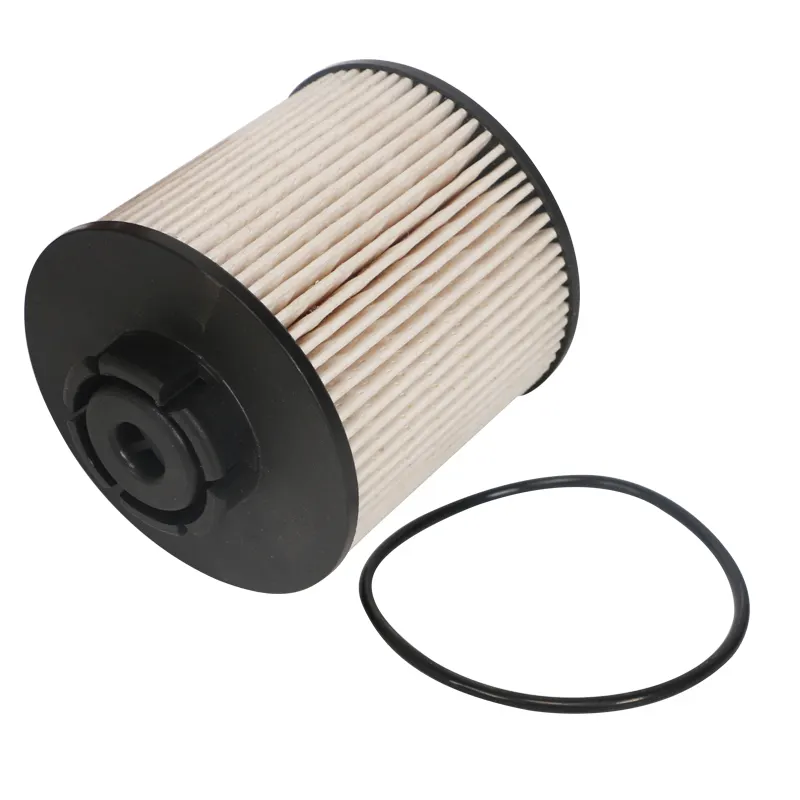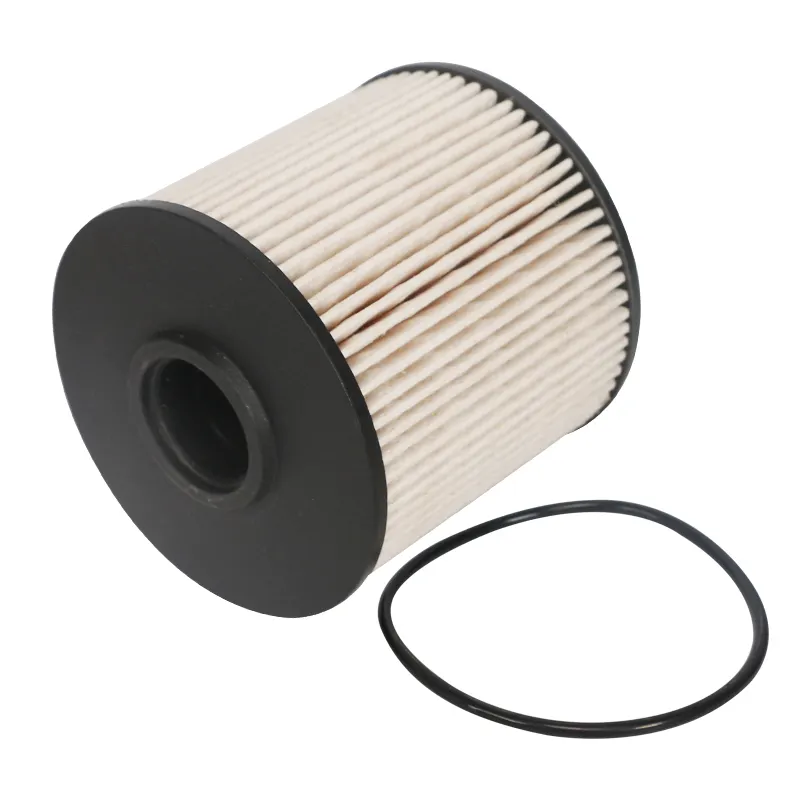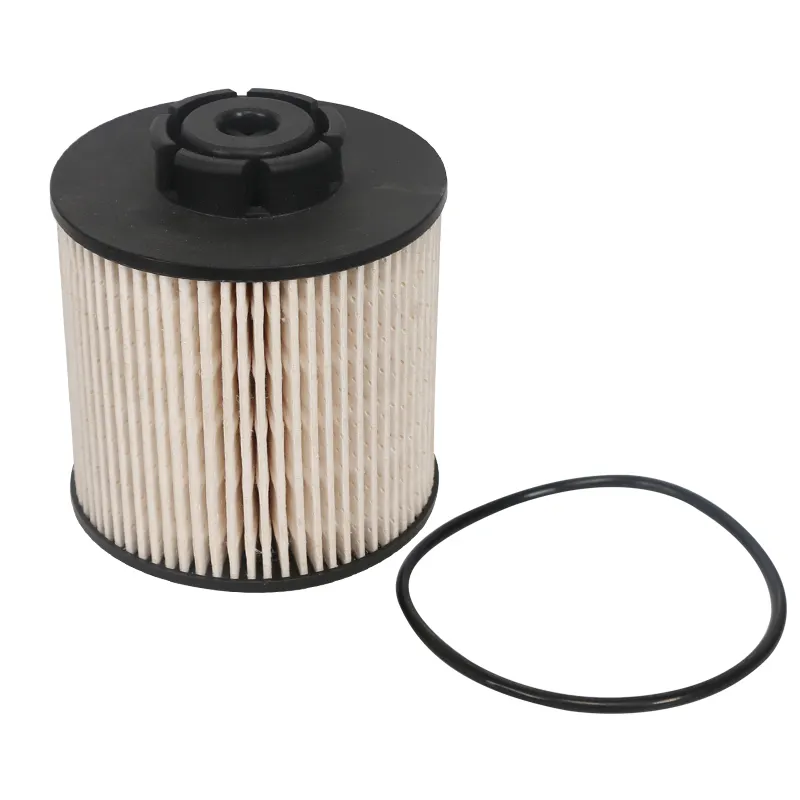Tem . 21, 2025 23:01 Back to list
Premium Spin-On & Aluminum Fuel Filters for Car Care
Industry Overview: Evolving Fuel Filter Technologies
The global automotive fuel filter market is projected to reach $2.8 billion by 2027, growing at a CAGR of 5.7% according to industry reports. This growth is driven by increasing vehicle production, stringent emission regulations, and technological advancements in filtration technology. Modern car fuel filter systems now achieve filtration efficiencies of up to 99.9% at 4 microns, a significant improvement from the 70% efficiency rates of filters from just a decade ago.
Key industry developments include the shift toward synthetic filter media with increased dirt-holding capacity, integrated water separation systems, and the growing adoption of spin on fuel filter designs that simplify maintenance. The demand for aluminum fuel filter housings has increased by 18% annually due to their corrosion resistance and weight reduction benefits in modern fuel systems.



QINGHE COUNTY ANNAITE AUTO PARTS CO.,LTD
As a leading manufacturer with over 15 years of industry expertise, ANNAITE specializes in producing high-performance fuel filter solutions that meet international quality standards. Our state-of-the-art production facility in Hebei Province combines advanced manufacturing technologies with rigorous quality control processes to ensure superior filtration performance and reliability.
Contact Information
Quality Certifications
- ISO9001:2015 Certified Manufacturing
- IATF 16949 Automotive Quality Management
- RoHS Compliant Materials
- 100% Performance Testing Before Shipment
Product Spotlight: Car Fuel Filter OEM 0000901251
Product Name: Fuel filter/Car fuel filter/ Fuel filter element
OEM Numbers: 0000901251, A9060920505, A0000901251
Material: Polypropylene (PP) & Advanced Fuel Filter Paper
Dimensions: 152/95H222/233 mm
Service: OEM & ODM Solutions Available
Markets: Russia, United States, Middle East, South America
MOQ: 300 PCS (Custom Logo), 500 PCS (Custom Package)
Delivery: Within 30 days after receiving deposit
Payment: T/T or L/C Accepted
This premium automobile fuel filter features a multi-layer filtration system with depth filtration media that captures contaminants as small as 4 microns while maintaining optimal fuel flow rates of 45-60 gallons per hour. The reinforced polypropylene end caps ensure structural integrity under pressure ranges of 50-100 PSI, making this component suitable for both gasoline and diesel fuel systems.
Request Technical Specifications & Pricing
View Product DetailsTechnical Specifications: Fuel Filter Parameters
| Parameter | Standard Range | High-Performance | Testing Standard |
|---|---|---|---|
| Filtration Efficiency | 95% @ 10μm | 99.9% @ 4μm | ISO 4548-12 |
| Water Separation Efficiency | 90-93% | 95-98% | ISO 4020 |
| Dirt Holding Capacity | 3-5 grams | 7-10 grams | ISO 4548-12 |
| Flow Rate | 30-45 GPH | 50-70 GPH | SAE J905 |
| Maximum Pressure | 50-80 PSI | 100-150 PSI | SAE J1549 |
| Temperature Range | -20°C to 80°C | -40°C to 120°C | ISO 16750-4 |
| Lifetime (Miles) | 15,000-30,000 | 30,000-50,000 | ISO 19438 |
Performance Analysis & Industry Trends
Application Scenarios & Selection Guide
Passenger Vehicles
Modern car fuel filter designs are optimized for space-constrained engine compartments while providing protection for high-pressure fuel injection systems (up to 2,000 PSI). Regular replacement every 30,000 miles maintains engine performance and prevents injector clogging.
Commercial Vehicles
Diesel-powered trucks require automobile fuel filter systems with integrated water separators and greater dirt-holding capacities. Spin on fuel filter configurations are preferred for their serviceability during fleet maintenance.
Industrial Machinery
Heavy equipment utilizing aluminum fuel filter housings benefit from corrosion resistance in challenging environments. High-flow variants with bypass valves ensure continuous operation even in cold temperature conditions.
Professional FAQ: Fuel Filter Technology
What are the advantages of synthetic filter media over cellulose-based materials?
Synthetic media offer 40% greater dirt-holding capacity, improved water resistance, and consistent performance across temperature variations from -40°C to 120°C. They provide superior efficiency at smaller particle sizes (down to 2 microns) without significant flow restriction.
How does filtration efficiency impact fuel injector lifespan?
Filters with 95% efficiency at 10 microns allow approximately 500ppm of contaminants to reach injectors, reducing nozzle lifespan by 30-40%. Premium filters with 99.9% efficiency at 4 microns limit contamination to
What standards govern fuel filter manufacturing?
Key standards include ISO 4548-12 (performance testing), SAE J905 (flow capacity), ISO 4020 (water separation), and IATF 16949 (quality management). Automotive-grade filters require compliance with OEM specifications that exceed aftermarket standards.
How do temperature variations affect filter performance?
Cold temperatures increase viscosity by 30-60%, creating flow resistance and potential fuel starvation. Modern filters incorporate bypass valves that open at 5-7 PSI differential pressure. High-temperature environments can degrade cellulose media, making synthetic materials preferable above 90°C.
What are the key design differences between spin-on and cartridge filters?
Spin-on filters integrate the housing and media into a single disposable unit, allowing tool-free replacement in 5-10 minutes. Cartridge systems have separate replaceable elements within permanent housings, reducing waste generation by 60% but requiring more complex installation procedures.
Why has aluminum become the preferred housing material?
Aluminum fuel filter housings offer 40% weight reduction over steel, excellent corrosion resistance to biodiesels and ethanol blends, and superior heat dissipation. They maintain structural integrity at pressures exceeding 100 PSI while preventing electrolytic corrosion.
How do modern filters address biodiesel compatibility challenges?
Advanced filters utilize nitrile butadiene rubber (NBR) seals resistant to biodiesel degradation, water-separating media with oleophobic coatings, and anti-drainback valves to prevent dry starts. These features reduce maintenance intervals for B20 blends from 5,000 to 15,000 miles.
Industry References & Technical Resources
1. International Filtration Standards: ISO 4548-12:2017 Particle Count & Efficiency Testing
2. SAE Technical Paper: Impact of Fuel Filtration on GDI Injector Performance (SAE 2019-01-5007)
3. Filtration Society Journal: Advanced Media Technologies for Automotive Fuel Filtration
4. European Automotive Research: 2021 Fuel Quality & Filtration Requirements
5. Transportation Research Board: Fuel System Efficiency Optimization Techniques
Contact ANNAITE for OEM Solutions & Technical Support
Visit Our WebsiteThis is the last article
-
Premium Spin-On & Aluminum Fuel Filters for Car Care
NewsJul.21,2025
-
Antiskid Tires - Superior Wet Traction & Durable Safety | Buy Online Now
NewsJul.21,2025
-
Premium Fuel Filter Element for Diesel Engine Models 23390-0L040 & 0L041
NewsJul.20,2025
-
Antiskid Tires Premium Grip & Safety for Enhanced Driving
NewsJul.20,2025
-
Toyota Corolla Hatchback Cabin Air Filter – High Efficiency & Easy Installation
NewsJul.08,2025
-
Premium Canister Fuel Filter Supplier High Quality Oil Filtration Solutions
NewsJul.08,2025


